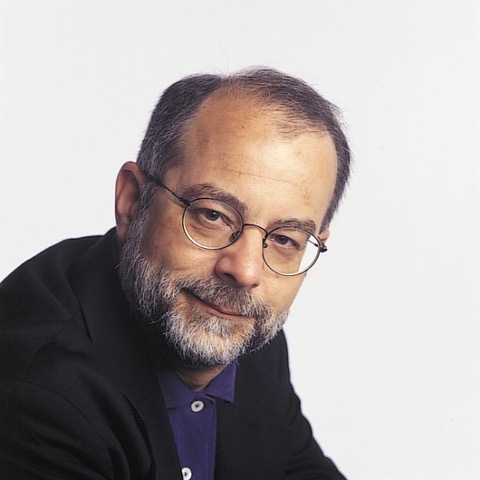Donna Lanzetta thinks aquaculture has a golden future – if it successfully moves into the deep blue.
Lanzetta is the CEO of Manna Fish Farms, which plans to become the first aquaculture company to farm fish in federal waters on the East Coast of the United States. In 2018, The company plans to begin producing striped bass in floating aquapods eight miles off the coast of Long Island, New York.
Speaking at the 2017 World Ocean Council’s Sustainable Oceans Summit in Halifax, Nova Scotia, Canada, Lanzetta said the future of offshore aquaculture is limitless.
“If I were to describe the next 15 years in one word, it would be ‘explosion,’” Lanzetta said.
As a relative newcomer to the world of aquaculture, Lanzetta sees the world’s rapid population growth and innovative new technology as providing a unique opportunity to expand offshore aquaculture.
“Right now, 17 percent of the animal protein consumed is seafood [and] 12 percent of the population in the world relies on seafood for livelihood, so we must address ways to collaborate,” Lanzetta said. “Seafood is the most efficient way to produce protein. It has the lowest feed conversion ratio; it takes 10 pounds of feed to produce one pound of beef, while it’s only 1.2 pounds of feed to make one pound of fish. And growing food in the ocean means not using precious resources like water and energy.”
She said Manna started with a type of Goldilocks-like search to find a location that wasn’t in the way of shipping, not too shallow, not too deep, not too warm or too cold.
“Once you know ‘where,’ then we went into the ‘how,’” Lanzetta said. “At eight miles offshore, it’s not feasible to be there all the time. So we had to tap into robotics. We need to feed fish from shore to make this feasible.”
She worked with the University of New Hampshire to customize an automated feed system. Manna acquired a buoy that holds 20 tons of feed and drops the feed into the cages below on a timed schedule.
“It works from shore to feed fish,” Lanzetta said. “We can watch on it camera, but we need to do better. We need to determine how to increase battery storage. We’re looking to harness wave energy to store in the battery.”
An offshoot of Manna’s use of robotics is transparency. Lanzetta said.
“Our goal is 100 percent transparency. You can go on a computer and watch our fish, so you’re assured we’re not harming the environmet in any way and we’re doing right by the ocean,” she said. “We want to be a model for other farms to come.”
Having found a food delivery system, the next questions Lanzetta faced were what to use as feed and how not to contaminate the ocean.
“We’re working on that,” she said.
As for stocking her cages, Lanzetta’s second UNH collaboration is helping to ensure a stock of fingerlings that are genetically compatible to the wild species of striped bass found along the U.S. East Coast, so if there is an escape, the farmed fish won’t harm the wild population.
In addition to protecting the ocean, Lanzetta has a secondary focus on giving back to her community. The goal is to return more than money from the business, she said.
“We negotiated with the cage manufacturer to buy 10, get one free. And that [eleventh cage] would be the give-back cage,” she said. “We give to food banks or maybe the science evolves so we can release fish into the wild to give back.”
Since Manna is a registered nonprofit organization, it is also dedicated to providing support for research and development, Lanzetta said. The Manna Education Foundation will support education and research on U.S. aquaculture and the expansion of the current total of 31 college aquaculture programs in U.S. universities.
Lanzetta said moving aquaculture offshore in the United States can help the industry makes strides in its sustainability, and achieve a future where more of the seafood consumed in the U.S. is produced domestically.
“The ocean needs us now to step up. This is not the time to be silent or in denial,” Lanzetta said. “We must plan organize, develop and work for sustainable ocean development now.”






